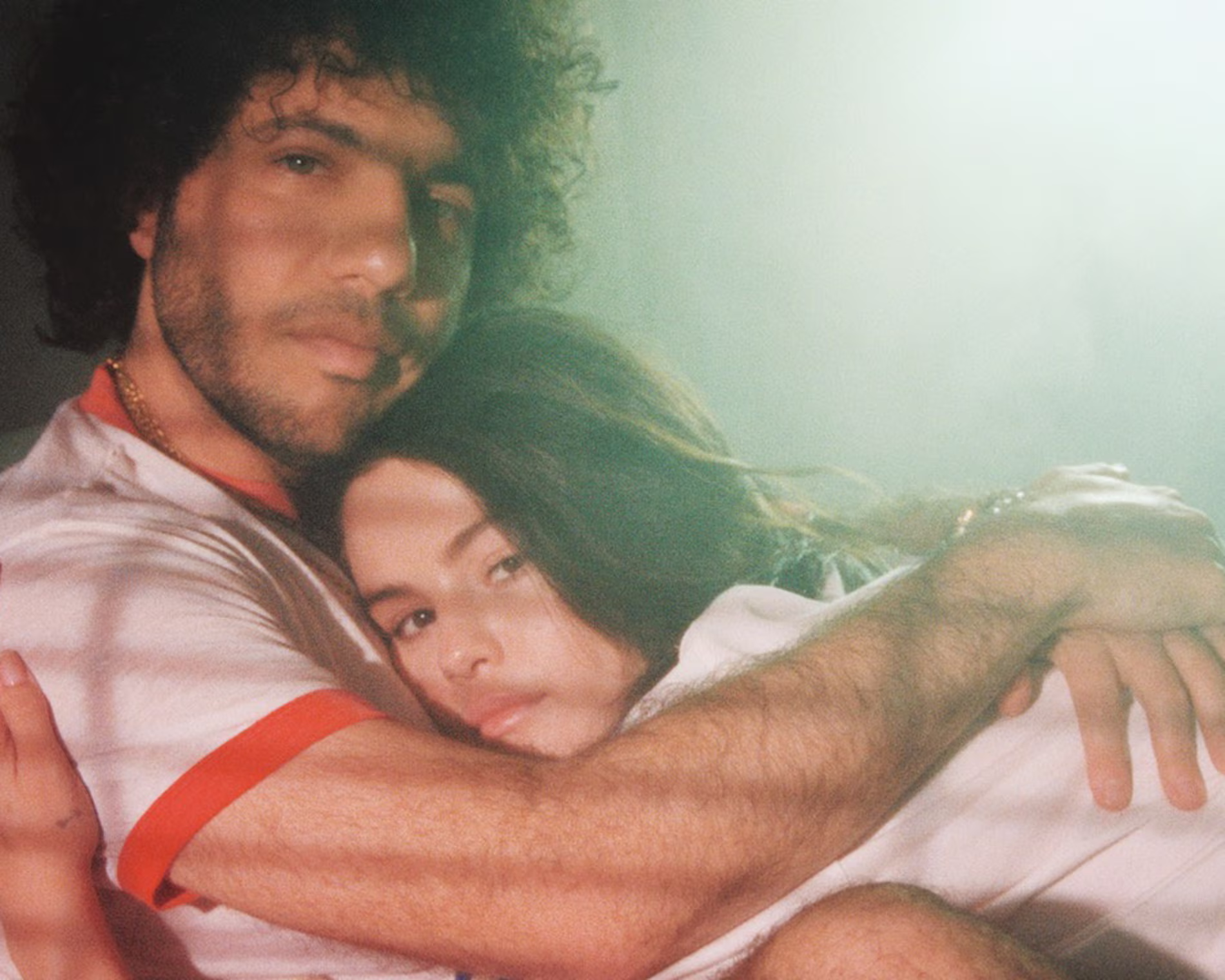From the moment you see the album cover—a voyeuristic shot of Selena Gomez and Benny Blanco snuggled in bed—you know exactly what I Said I Love You First is aiming for. It’s not subtle. The accompanying press notes spell it out: this is a musical love letter between the pop star and her producer fiancé, drawn from their “authentic experiences” and born from the “comfort” they share. Whether you find that romantic or slightly claustrophobic depends on your tolerance for PDA wrapped in a PR campaign. Celebrity couples recording love albums together is a risky move, historically speaking. From Sonny & Cher to Nas & Kelis, it hasn’t always ended well. Gomez and Blanco, whose combined résumés include some of 2010s pop’s most undeniable hits, are now making their case for pop’s next power duo. And they’re not shy about it: gushing interviews, staged intimacy, and tracklists that double as diary entries.
So how’s the music? Well, it follows the loose arc of a relationship—mourning past breakups, basking in current joy, and tossing in some flirtatious overshare for good measure. Lyrically, it’s not as cringey as you might expect from a concept album born of infatuation, but it’s definitely steeped in couple-speak. Expect lines about riding cowboys and going “all night,” plus a healthy dose of passive jabs at exes. It’s intimate, but sometimes more in the way of scrolling past someone else’s oversharing Instagram story than being drawn into their world. The guest list is impressive: Finneas, GloRilla, Gracie Abrams, Charli XCX. Musically, the album darts between styles like a moodboard come to life. There’s Latin-pop with J Balvin, misty-eyed piano ballads sung in whispery cursive vocals, and even a pop-punk detour complete with chugging guitars. One track sounds like it wandered in from a Billie Eilish session, while others carry strong whiffs of Lana Del Rey’s melancholic glamor. Bluest Flame taps into the glitchy post-Brat aesthetic Charli’s perfected, while Call Me When You Break Up brings back a bit of high school angst. Still, for all its stylistic dabbling, the album never really settles into a sound of its own. That’s been a consistent hurdle in Gomez’s music career: compelling moments, but few defining ones. And while Blanco’s production pedigree is undeniable—he helped craft Teenage Dream, after all—there’s a surprising shortage of earworms here. Ojos Tristes, with its soft chanson leanings, is a rare melodic standout, but most of the material floats by pleasantly without leaving a mark.
What ultimately undermines I Said I Love You First is the tension between personal intent and public consumption. It wants to be raw and real, but it’s also a glossy product, designed to feed the parasocial appetite of pop fandom. Ironically, the couple’s charm comes across more clearly in unscripted moments—like their banter-filled Hot Ones appearance—than in these overly curated songs. This isn’t a trainwreck, nor is it an instant classic. It’s a warm, well-meaning listen that may speak to diehard fans or hopeless romantics. But for everyone else, it’s a brief visit to someone else’s honeymoon phase—sweet, sometimes awkward, and not quite as unforgettable as they’d hope







Leave a Reply